Bloomberg News technology reporter Sarah Frier joins us to talk about the fierce Silicon Valley competition to create a dominant social media platform and the ways Instagram has changed our lives in an unexpected way.
Read more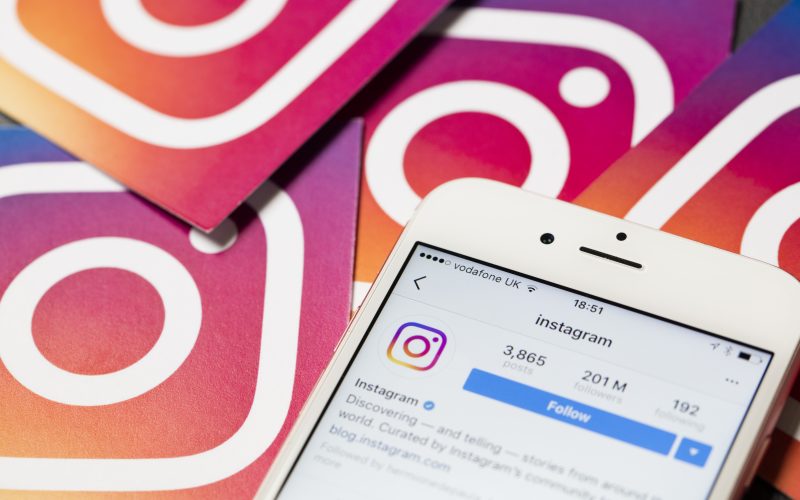


Bloomberg News technology reporter Sarah Frier joins us to talk about the fierce Silicon Valley competition to create a dominant social media platform and the ways Instagram has changed our lives in an unexpected way.
Read more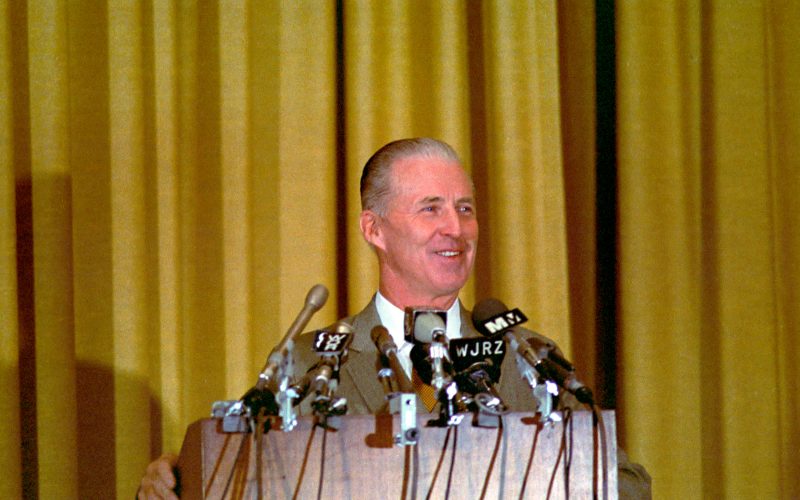
Rob Rapley joins us to talk about Norman E. Borlaug, who won praise for his work on disease resistance crops – which also came with unintended consequences.
Read more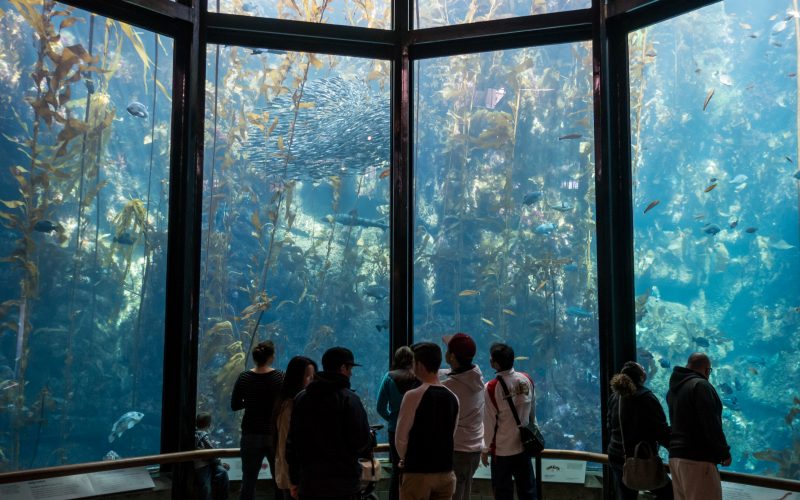
Julie Packard, executive director of the Monterey Bay Aquarium, joins us to talk about how aquariums foster ocean life and contribute to a healthy environment.
Read more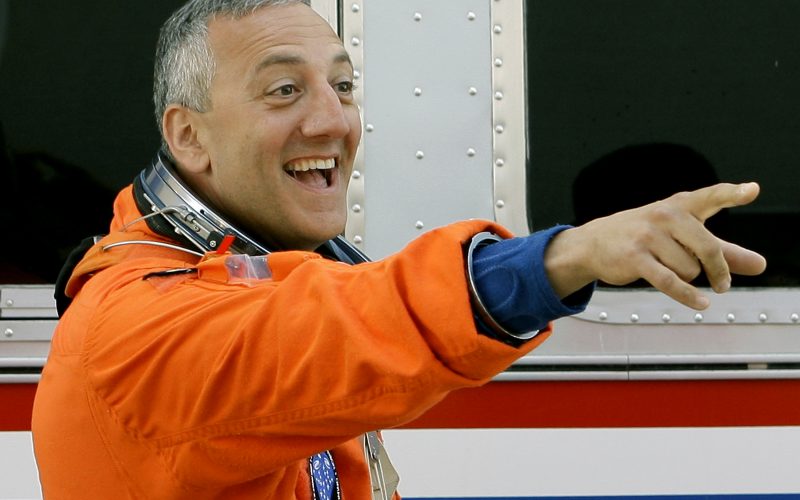
Mike Massimino, a NASA astronaut, joins us to talk about how he learned to adapt to a confined space while in space.
Read more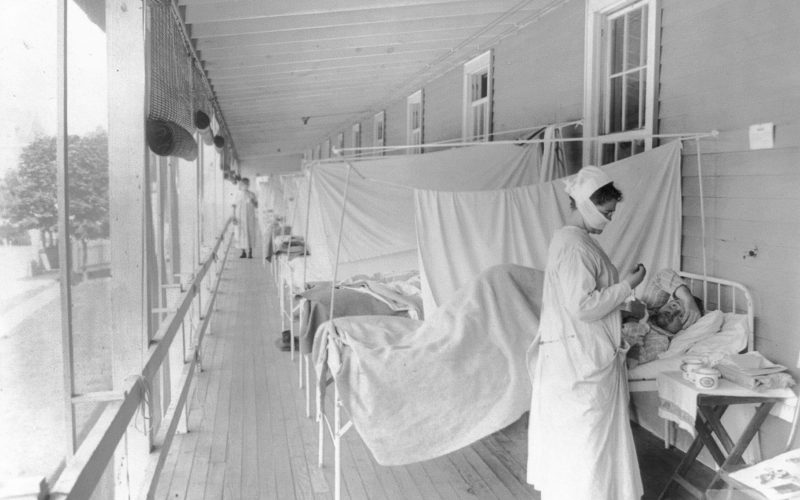
Medical historian Mark Honigsbaum joins us to talk about why bacterial and viral disasters continue to take us by surprise.
Read more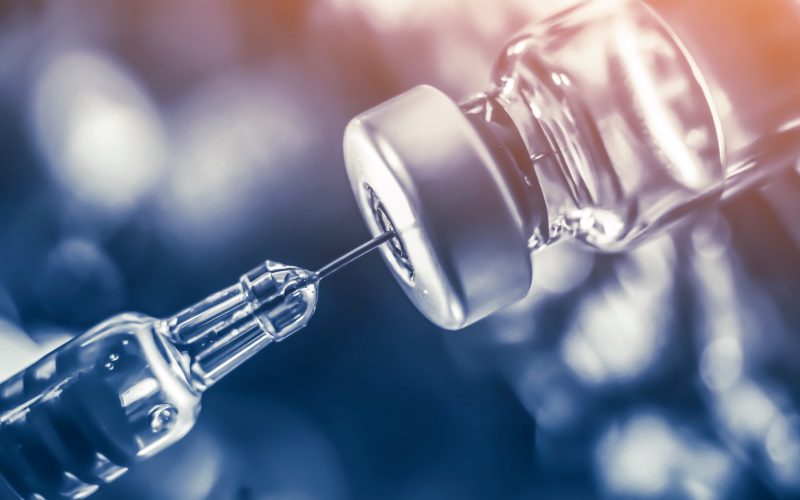
On today’s show, experts explain some of the more mysterious elements of the coronavirus, including what it will take to develop a vaccine, how epidemiological models work and why black and Latino patients are disproportionately affected.
Read more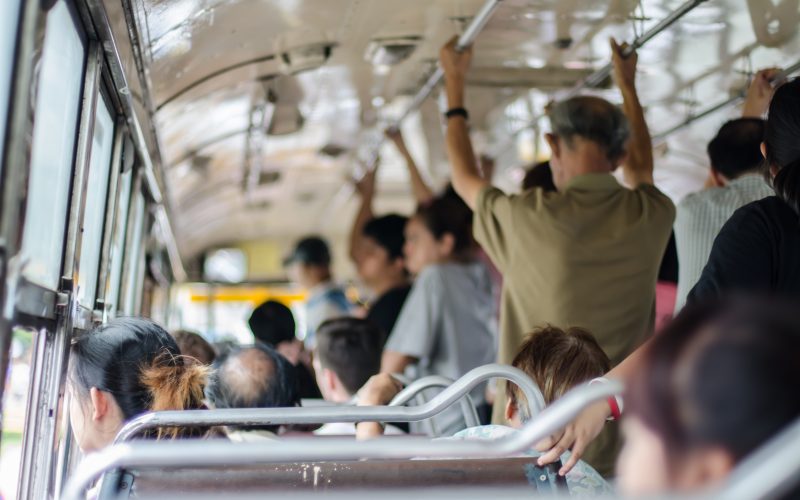
Aaron W. Gordon, senior writer for Motherboard, joins us to talk about why public transportation is broken and how, especially now, it’s time to rethink how people get places.
Read more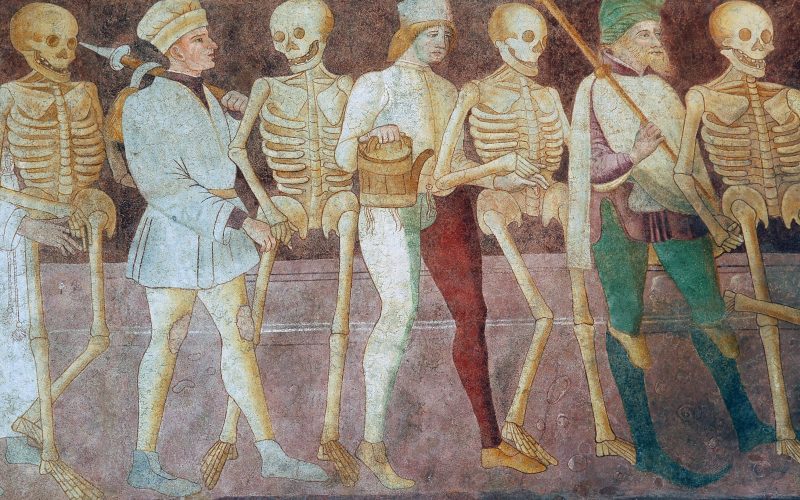
Jack Hartnell, lecturer in art history at the University of East Anglia, Norwich, joins us to talk about the physical body in the medieval worldview and the fantastical tales created to justify medicinal practices.
Read more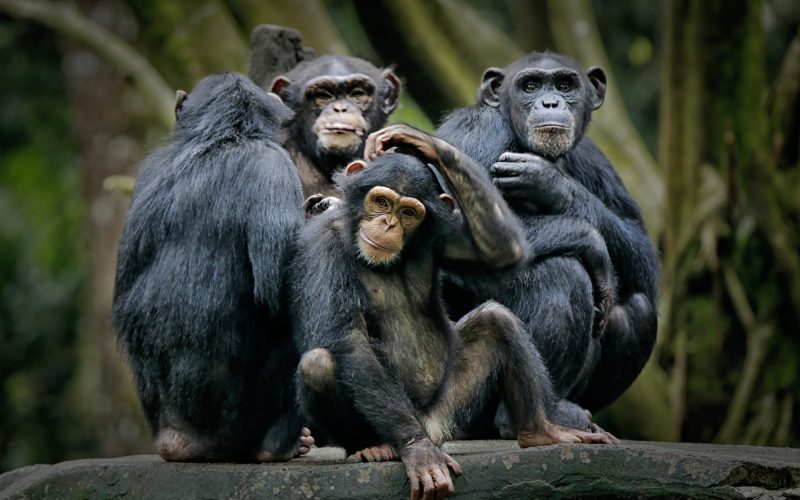
Science writer David Quammen joins us to talk about why an animal-to-human zoonotic transmission happens and what the risk is, now and in the future.
Read more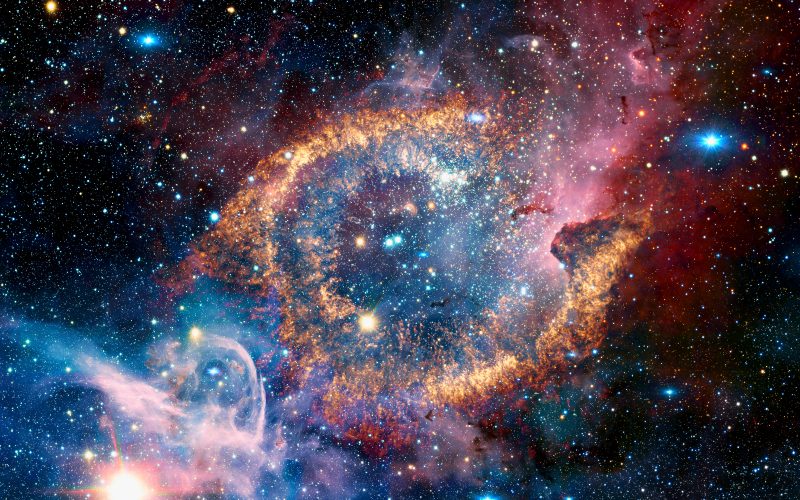
Brian Greene, professor of physics and mathematics and director of Columbia University’s Center for Theoretical Physics, joins us to talk about the many ways we contemplate our existence.
Read more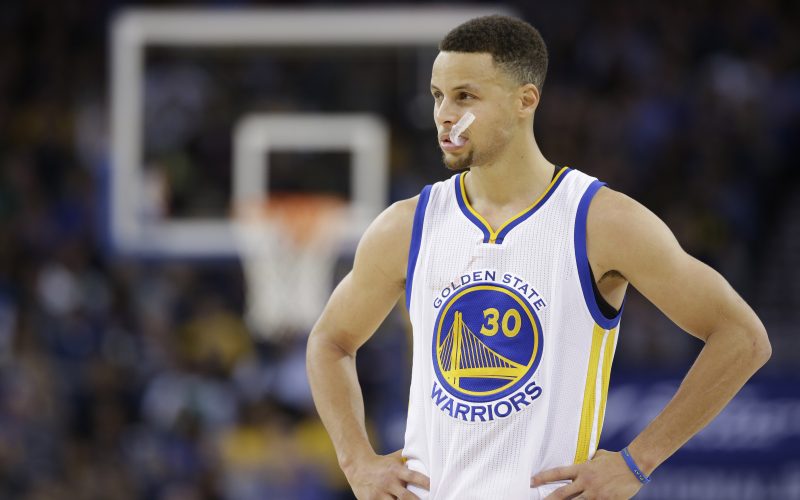
Wall Street Journal sports reporter Ben Cohen joins us to talk about the algorithms that can keep us on a roll, and the myths that prove they can’t.
Read more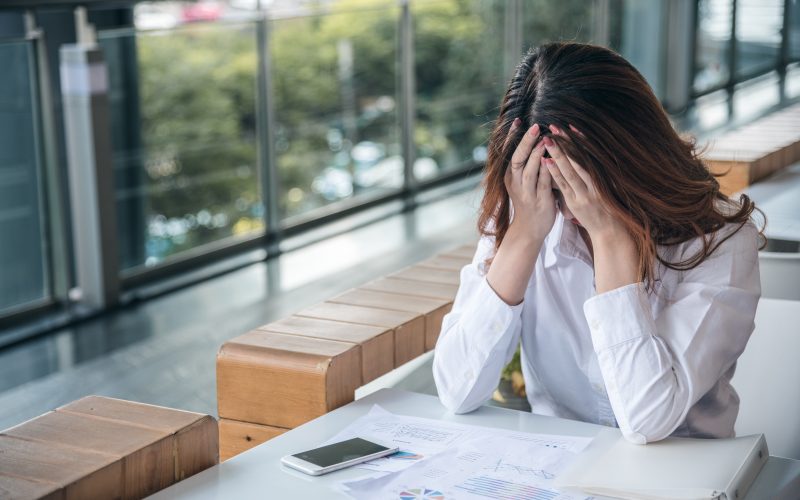
Chapman University sociology professor Christopher Bader joins us to talk about the anxiety we’re feeling and how social ties are severed when we fear too much.
Read more